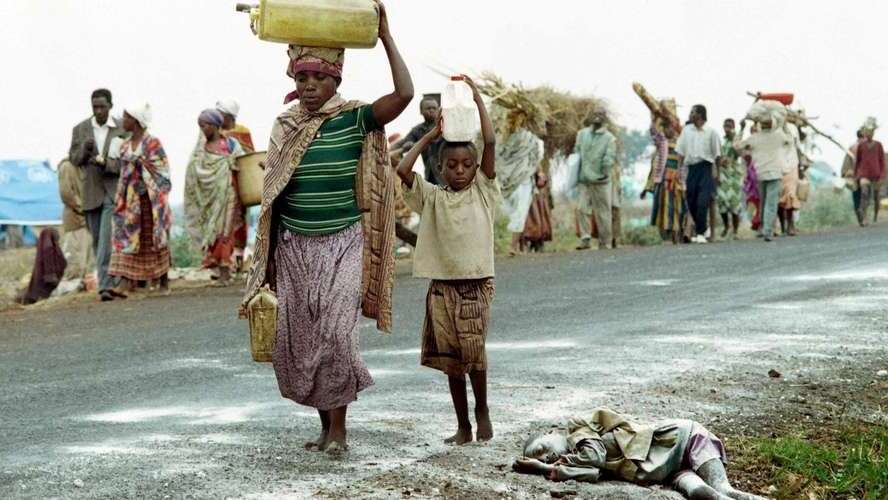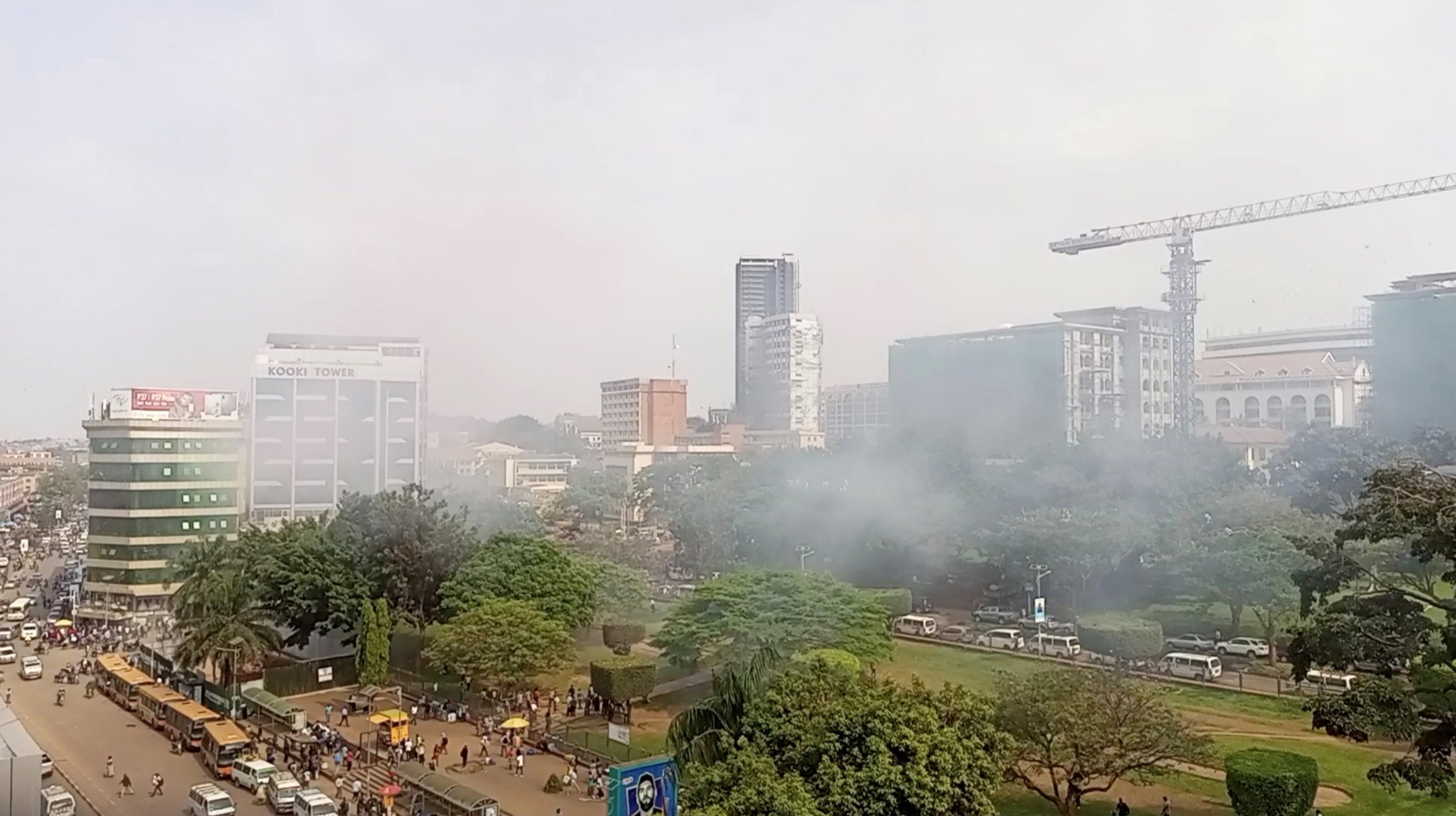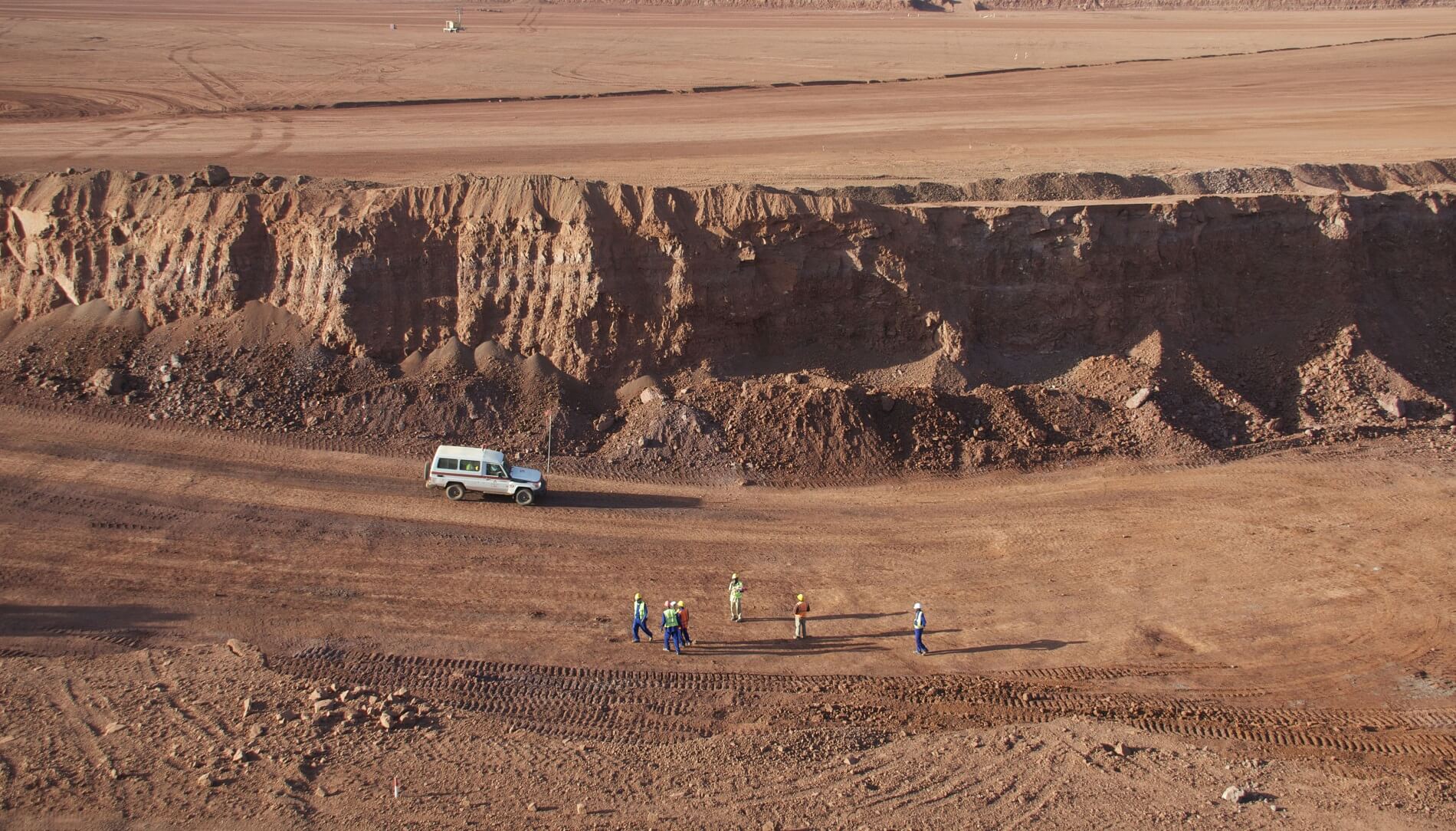
Rwanda: Genocide survivors testify at Paris trial
On October 22, 2024, a major trial opened in Paris, where survivors of the 1994 Rwandan genocide shared harrowing accounts of the atrocities they experienced. Eugène Rwamucyo, a former doctor accused of participating in the massacres of more than 800,000 Tutsis and moderate Hutus, is on trial for genocide and crimes against humanity. Angélique Uwamahoro, one of the witnesses, described how she walked through dead bodies to survive at the age of 13. The victims’ testimonies illustrate the horror and brutality of the genocide, while demanding justice for the crimes committed three decades ago. Rwamucyo, who denies the charges, faces life in prison if convicted.
An expected trial
The trial, the seventh of its kind in Paris, is part of a series of judgments aimed at bringing to justice the alleged perpetrators of the Rwandan genocide, decades after the events. France, often criticized for its role during the genocide, continues to try people suspected of having participated in or facilitated these crimes, in response to calls for international justice.
Heartbreaking stories
Survivors’ testimonies are particularly harrowing. Angélique Uwamahoro, now 43, recounted how she saw family members murdered before her eyes and had to walk among the bodies to escape the killers. These harrowing accounts bear witness not only to the tragic events, but also to the trauma that still haunts the survivors.
Rwamucyo's involvement
Eugène Rwamucyo, accused of complicity in organizing the massacres, is said to have actively participated in the logistics of the killings and in propaganda inciting ethnic hatred. He is also accused of supervising the burial of the victims' bodies. Rwamucyo, who has lived in France for several years, denies any direct involvement in the killings, saying his actions were linked to "health concerns."
Justice and memory
These trials provide survivors with an opportunity to make their voices heard, while confronting those accused of playing a role in one of the worst genocides of the 20th century. The closing arguments are intended to remind us that, even 30 years later, crimes against humanity cannot be forgotten, and survivors continue to fight for recognition and justice.



Leave a comment
This site is protected by hCaptcha and the hCaptcha Privacy Policy and Terms of Service apply.